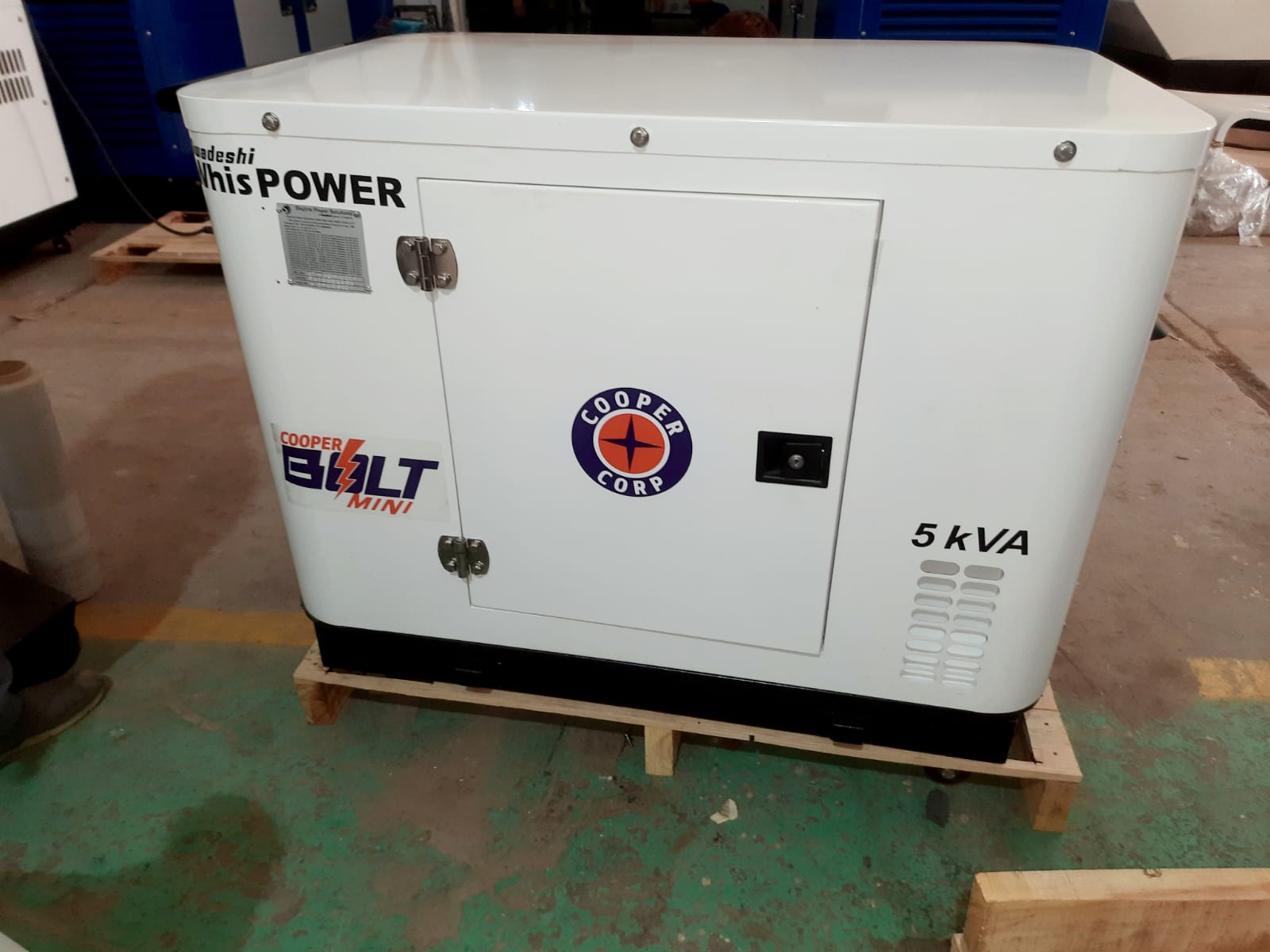What Is The Ideal Size Of A Power Generator For A House?
Power outages are unpredictable, and they can occur at any time. In such situations, having a generator is a lifesaver, especially if you have essential equipment at home that needs electricity. However, the big question is, what size generator is required to power a house?
Buying a portable generator in India that is too small or too large for your needs can be frustrating and may not serve the purpose.

What Size Generator Is Needed To Power A House?
Usually, generators are not seen or considered based on their dimensions when it comes to choosing one. In fact, the size of a generator is generally associated with the amount of power it can generate. Moreover, besides size, there are several other factors you need to consider before you choose a generator. Let’s discuss them in brief below.
-
Power Requirements
The first thing to consider is your power requirements. You should calculate the amount of power you need to run your home appliances. A typical home may need 5,000 to 7,000 watts to run basic appliances like lights, refrigerators, and television. However, if you have more power-hungry appliances like a central air conditioning system or a good pump, you may need a generator with a capacity of 10,000 watts or more.
-
Fuel Type
Generators can be powered by different types of fuel like propane, diesel, or gasoline. The type of fuel you choose will also influence the size of the generator you may need. Diesel generators are more fuel-efficient and require less maintenance but can be expensive. Gasoline generators are cheaper but consume more fuel and require regular maintenance. Propane generators are also fuel-efficient but can be expensive and may not be readily available in some areas.
-
Location And Climate Of Use
The location and climate of your area also play a crucial role in determining the size of the generator you need. For example, if you live in an area where storms are common or are at risk of hurricanes or tornadoes, you may need a larger generator to power your home during an extended power outage. Similarly, if you live in a cold climate, you may need a generator with a larger capacity to run your heating system during a power outage.
-
Generator Type
Generators come in different types, like portable, standby, and inverter generators. Each type has its own capacity, and the size you need will depend on the type of generator you choose. Diesel generators, portable and silent, are ideal for short power outages or outdoor activities, while standby generators are more powerful and can provide backup power for days. Inverter generators are the most fuel-efficient but are not as powerful as other types.
Conclusion
Choosing the right size generator is crucial to ensure you secure enough power to run your home appliances during a power outage. When choosing a generator size, it is important to consider factors like power requirements, fuel type, location and climate, and generator type. By following the steps outlined above, you will be able to choose the right-fitting portable generator for your home.
Don’t wait for the next power outage to strike before you consider buying a generator. Instead, invest in a generator that is the right size for your needs. Then, enjoy peace of mind as you will be equipped for emergencies.
In case you have any queries or need help choosing the right generator for your home, don’t hesitate to contact us. We are always happy to help you. Call us at +91-9212552666.



